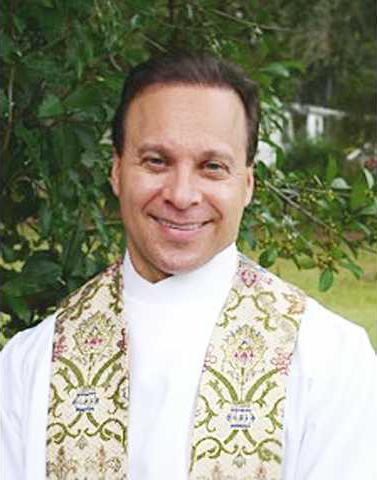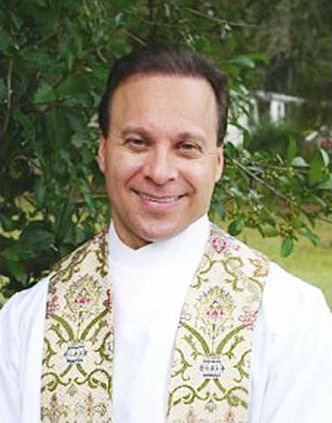When people decide to marry, sometimes the excitement of it all causes the couple to put off asking obvious questions about their future life together. In cases where the couple knows there are differences or issues to discuss, they often simply assume they will “figure it out when the time comes.” No sense in delving into differences while planning such a joyous occasion, right? Unfortunately, typically “the figuring out” part turns out to be more elusive than it originally appeared, and “the time” ends up coming when the couple is ill-prepared to deal with it.
One of the responsibilities of a pastor in pre-marital counseling is to ask the obvious questions, or at least to make sure the couple knows their conversations about such important issues should continue. As married people know, the issues a couple deals with prior to marriage do not magically disappear following the ceremony; they eventually become issues in the marriage itself. No differences people have change when a marriage license is signed.
I have come to appreciate this role of the pastor more and more after my experiences counseling couples who were already married. Here are two true stories from men and women I have counseled (no names, of course) who were on the verge of divorce.
In one case, religion was the issue at hand; the wife was Jewish, the husband Christian. To their credit, they did discuss the role of their faiths in their marriage prior to the ceremony. Yet, in their joy and rush to get married, they decided they would simply celebrate both their religions. What resulted was a kind of spiritual void. In the end, their children didn’t truly understand or appreciate either religion.
The husband began to resent that he had to, in his words, “compromise his faith” to make his wife happy. After all, he said, she was never religious; in his opinion, she just went through the motions of her religion for her parents. This issue was cited as significant in their divorce.
I have seen religious affiliation become a factor in discord between one spouse who is religiously active while the other isn’t, between spouses of different Christian denominations, and even between those of the same denomination who argue about whose church they should attend. The problems in the relationship could been worked out well in advance of the marriage, but that conversation never occurred.
I will never forget another tragic case. Money and children were the issues. The wife wanted a third child. The husband felt they couldn’t afford it. They had never discussed prior to their marriage how many children they would have or how they would handle money and their standard of living as a couple. They argued. The arguing turned to more hostile fighting when the wife became pregnant. The husband was quite upset, convinced that his wife purposely didn’t take her birth control in order to get pregnant, despite his clear wishes to keep the family as it was.
I tried hard to convince them both that they could get through this problem. I even discussed financial resources. They spoke openly, we came to some good solutions on how to care for the baby, and when I didn’t see them again I assumed everything had been resolved. I was wrong.
Apparently, the husband began to badger his wife endlessly about the strain a baby would put on their marriage and their finances. He ultimately put so much pressure on his wife that she had an abortion in an effort to, in her mind, “save her marriage.”
Problem solved? Not in the least. What the wife did not count on was what the abortion would do to her. Within a year, the resentment and anger she felt about being, in her words, “manipulated” into ending a pregnancy she wanted to keep built to a crescendo. When it erupted, it took her husband — and her — by surprise. But, by the time I was able to get them together again, she was psychologically out of the marriage. It was over.
The church’s responsibility for those who come to her seeking God’s blessing for their marriage is significant. We have the responsibility to use what we know about loving relationships and marriage to help couples best prepare for their life together.
The wisdom we have is based on a recognition that problems in a relationship do not disappear after a couple is married. The relationship skills couples have before their wedding ceremony will carry into the marriage and affect it. And a couple that cannot communicate has a limited future.
Again, no differences people have change when a marriage license is signed. And just as open communication about feelings, beliefs, and values impact a marriage throughout its existence, the best time to start that communication — those open, honest discussions — is before the marriage starts.
This responsibility of the church is not solely to the couple, but to God.





